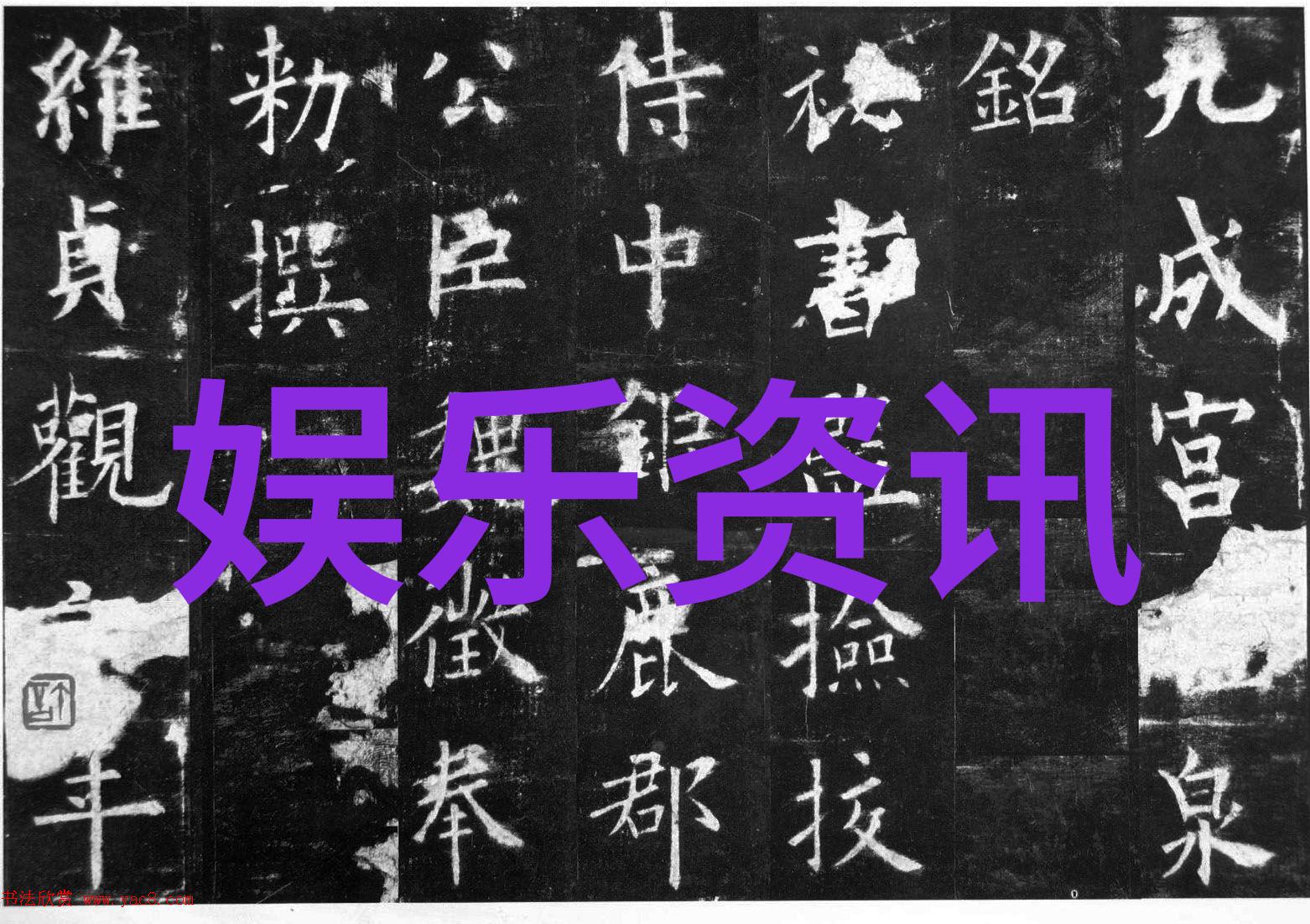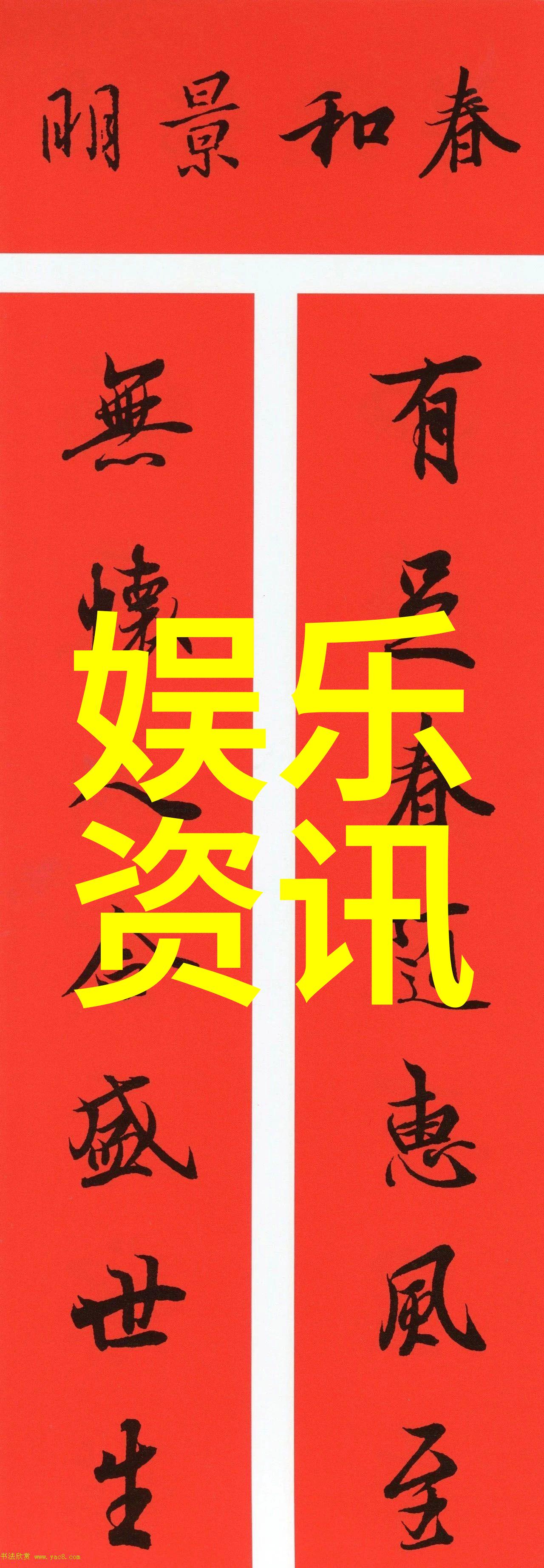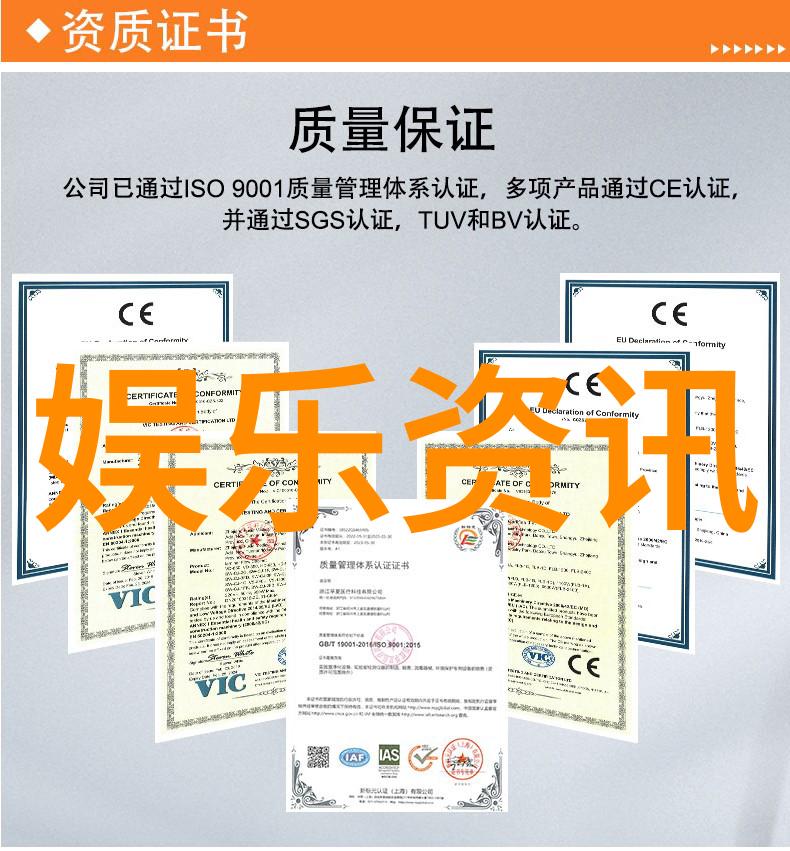Taiwans Identity Crisis How the Island Nation Navi
Introduction

In an increasingly interconnected world, Taiwan finds itself at the crossroads of politics, economics, and cultural identity. As a nation with a complex history and disputed sovereignty, Taiwan has had to navigate its position in the international arena while grappling with questions about its national identity. This article will explore how Taiwan has come to terms with its identity crisis and how it is positioning itself in a changing global order.
The Birth of National Identity

Taiwan's national identity can be traced back to the late 19th century when Chinese immigrants arrived on the island. These immigrants brought with them their cultural practices, language, and customs which eventually merged with those of indigenous peoples who were already living on the island. Over time, this fusion of cultures gave rise to what we today call Taiwanese culture.
However, this process was not without challenges. The Japanese colonization of Taiwan from 1895 to 1945 imposed significant changes on Taiwanese society including forced assimilation into Japanese culture and language suppression. After Japan's defeat in World War II, Taiwan became part of China under Kuomintang (KMT) rule but tensions between mainland China and Taiwan led to political instability culminating in martial law being declared by Chiang Kai-shek in 1947.

Challenges Facing National Identity
Fast forward to today where these historical events have left deep scars that continue to affect Taiwanese society as they grapple with questions about their national identity. The KMT regime’s authoritarian rule lasted for decades until democratization began after President Lee Teng-hui took office in 1988 but even then there remained much tension between pro-Taiwan independence groups who sought greater autonomy or even independence from mainland China versus pro-unification factions who wanted closer ties with Beijing.

Moreover there are also ongoing debates over issues such as human rights abuses during martial law period which many argue need further investigation & reconciliation efforts made towards victims’ families etc.. All these factors have contributed significantly towards shaping contemporary Taiwanese society making it difficult for individuals within it share any clear-cut notion regarding "who am I" question posed by our title question “台湾称自己是哪国人” ("Who does Taipei identify as?").
Navigating Global Politics

Despite these internal divisions Taipei must navigate complex global politics given its strategic location near major powers like People's Republic Of China (PRC), United States (US), Japan & South Korea among others., each having different interests vis-à-vis Taipei - whether it is economic cooperation or security guarantees . In recent years relations between Taipei & Washington D.C have strengthened amid increasing military rivalry between PRC & US globally , especially due ongoing trade wars , cyber warfare competition etc.. However at home public opinion remains divided over support for either side reflecting ongoing debate around "which country do we belong?" .
Conclusion
In conclusion Taiwans journey towards defining its own sense self remains fraught yet intriguing one full complexities derived from history-politics-culture-economy intertwined threads all intertwined together forming intricate web that continues evolve constantly influencing lives people living there daily lives ever more so now than before given rapid technological advancements happening worldwide impacting global dynamics . It would be fascinating indeed see exactly how taipei manages steer course through treacherous waters ahead ensuring balance stability while simultaneously addressing longstanding existential questions surrounding very nature "what makes us unique ?".



